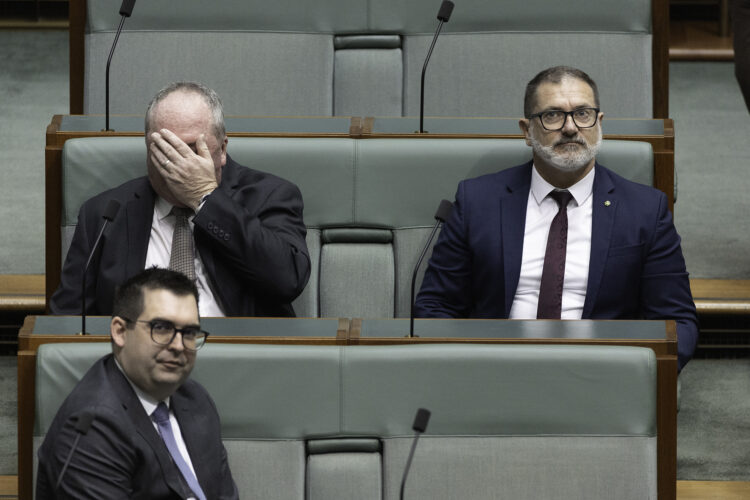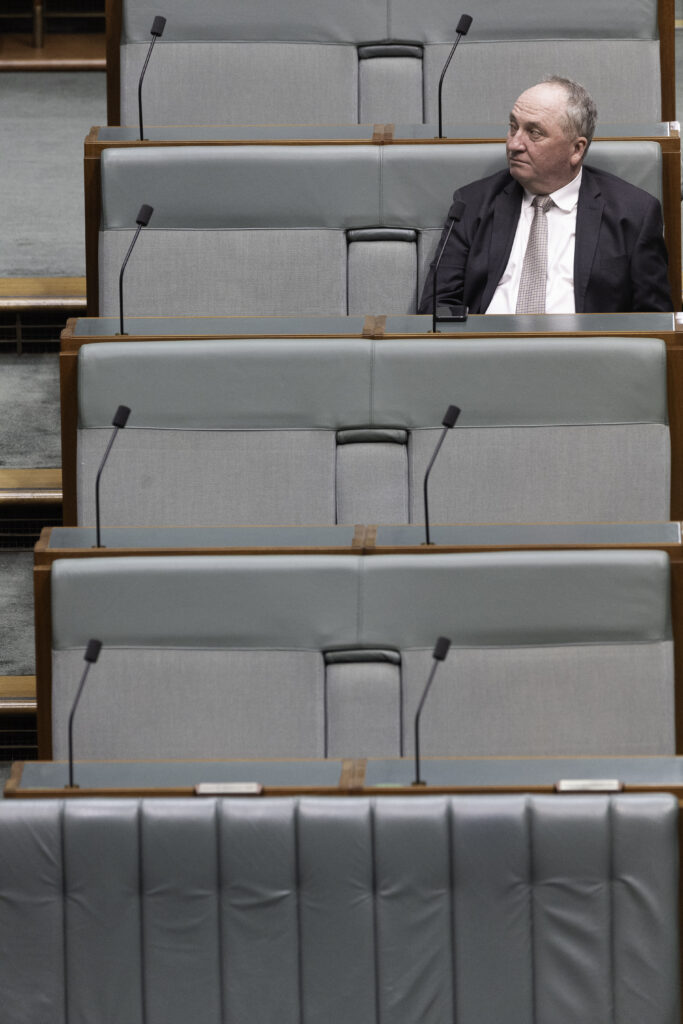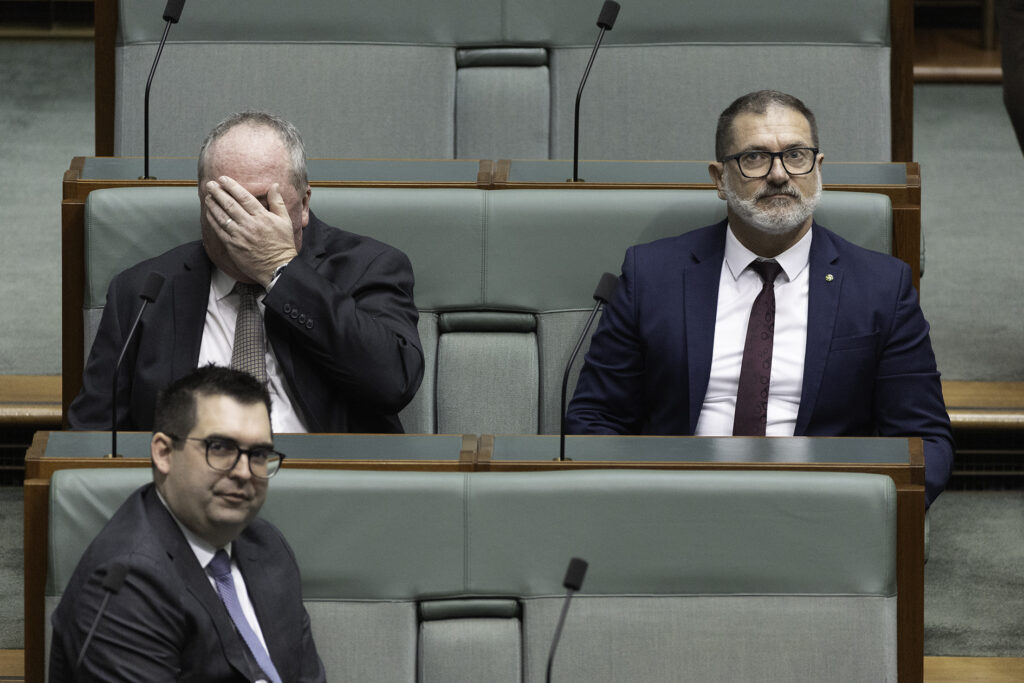The Greens plan on setting up an inquiry into why Labor is being so secretive around its climate risk assessment (something Zali Steggall mentioned today as well), wanting to know what is so “shocking” about it, that the government feels the need to hide it.
Larissa Waters said in a statement:
Labor’s climate risk cover up has to end – and the Greens will force them to be transparent through a Senate Inquiry.
Labor must make the Climate Risk Assessment public so Australians can see how global warming is making our country less safe, destroying the environment, and supercharging climate disasters that are already costing communities dearly.
We are extremely concerned about Labor’s decision to hide this Assessment for over nine months, and to today disregard the Senate’s orders to release it. The only reason the government would be trying to hide this report is that they don’t want you to see it before they announce inadequate 2035 climate targets.
It is set to be a damning report which reportedly shows how continued coal and gas approvals are setting our country on a path to climate ruin – with homes within 5 kilometres of the coast set to be regularly flooded, major drought risks for much of the country, and all coral reefs dead.”
The Coalition would need to support the move, but they tend to like making life difficult for the government so don’t be surprised if this gets up.




